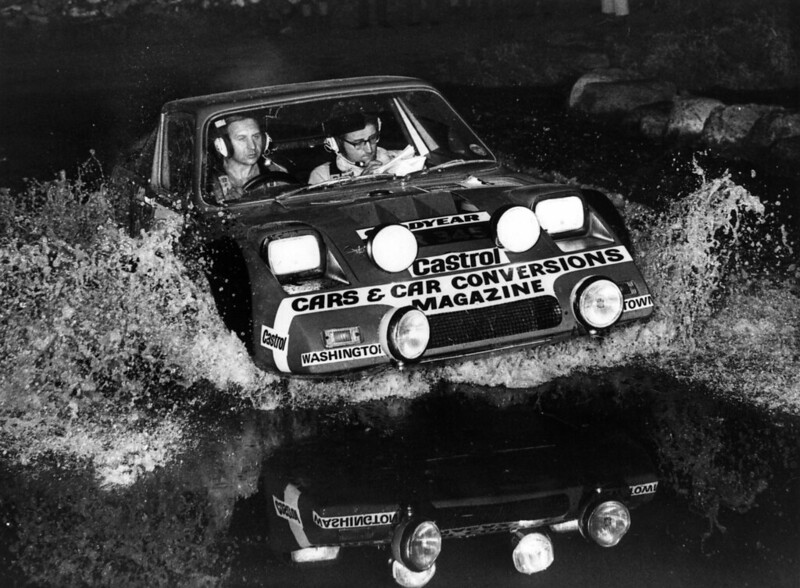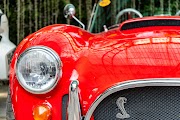by Michael Satterfield - 06/30/2021
Chances are you have never heard of the Clan Crusader, a fiberglass sports car from the 1970s that was the brainchild of two former Lotus employees, Paul Haussauer and Brian Luff. By 1971 Clan Motor Company had a 24,000sq.ft factory, 29 employees, and was producing five cars a week. The Crusader was powered by a naturally aspirated four-cylinder engine sourced from the Sunbeam Imp Sport. Weighing in at just 1,323lbs the Crusader could still get from 0-60 in 12.9 seconds, the same as a 1973 Honda Civic.
The monocoque bodied car was surprisingly strong and the contemporary motoring press loved the car and orders were flowing it. In 1972 the Crusader was priced at $1,850 which was less than an MG MGB, a Ford Pinto, or an AMC Gremlin. You could also purchase the Clan Crusader as a mostly assembled kit for $1,529 to avoid the taxes.
Meanwhile, in the UK, Brian Luff started producing new Crusader body shells and other parts, mainly to support motorsports or assist owners in rebuilding or repairing their existing cars. Luff would also sell bodies to people wanting to build a new Crusader from scratch until 1981.
In 1982, Peter McCandless bought the unofficial molds from Brian Luff with the plans of restarting Clan Motor Company and improving the car for the 1980s. McCandless formed Clan Cars Ltd in Northern Ireland and produced roughly 130 cars in total. The Irish Clans had flip-up headlights, larger bumpers, and an updated dashboard borrowed from the Ford Fiesta. Clan Cars would also develop a mid-engine version called the Clan Clover, of which just 26 were made. Clan Cars would eventually also go bankrupt in the late 1980s after a reputation for quality issues damaged sales.
In 1984, yet another former Clan employee, Arthur Birchall, released his own version of the Clan Crusader, dubbed the McCoy. Based on a Mini, the FWD version of the Crusader had a taller hood and slightly reworked body panels to accommodate the Mini doner parts.
While there has been talk of reviving the brand again (perhaps with different marketing), today the Clan Owner Club has secured most of the molds and tooling and produces replacement parts for owners seeking to keep the Clan on the road. They also have an extensive registry and even have a running list of missing Clan Crusaders which include historically significant cars like factory race cars or simply long lost cars sought by family members. Today nice versions of the Clan Crusader can be purchased for less than $10,000 USD, but rarely come up for sale outside of the UK.











_websize.jpg)










